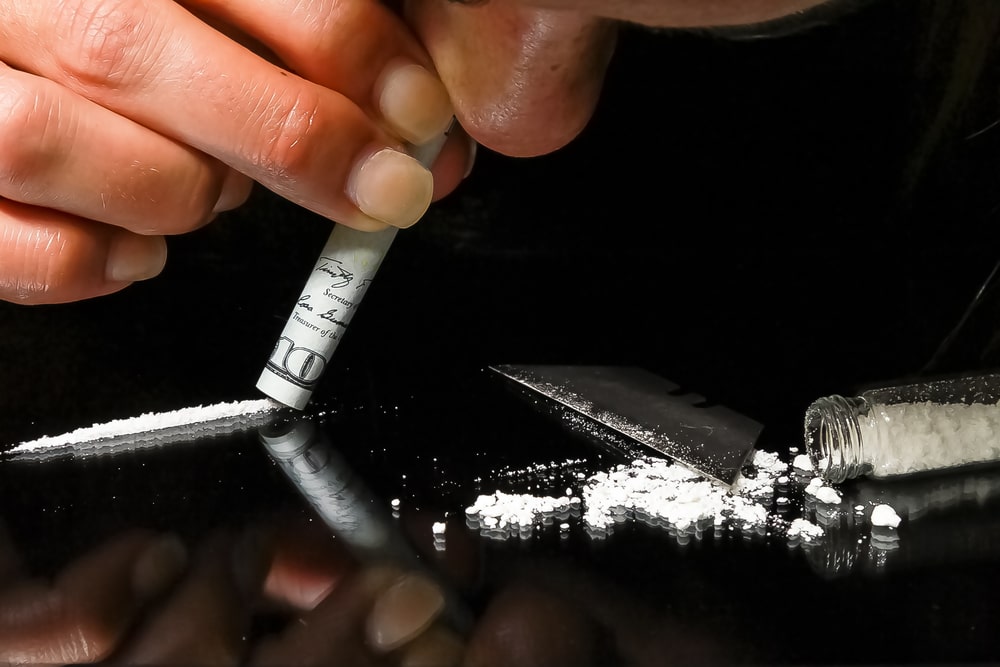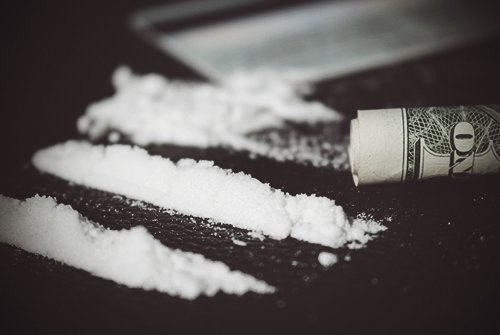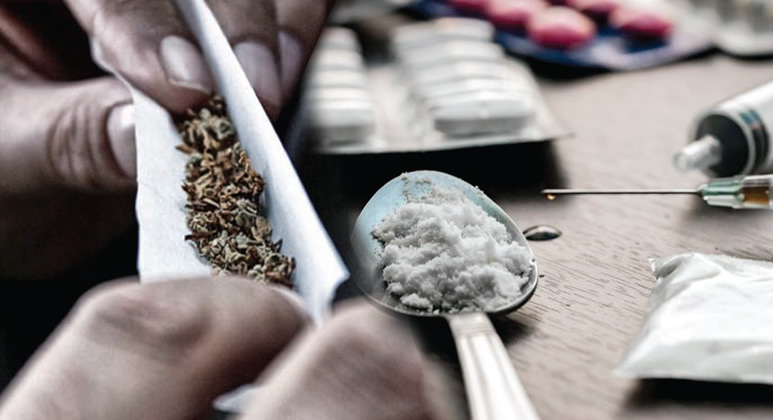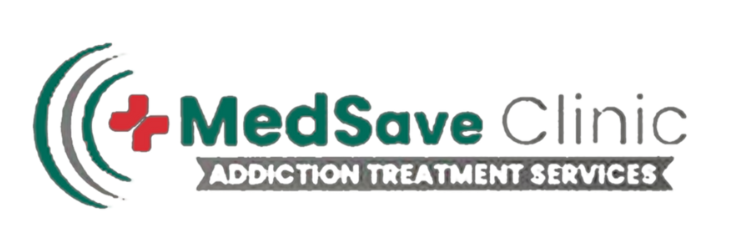- MEDICATION ASSISTED TREATMENT AVAILABLE
- INTENSIVE OUTPATIENT PROGRAM INTAKE
- CALL +1 (614) 432-9790
Addressing the Resurgence of Cocaine Abuse at MedSave Clinic

Cocaine abuse was a significant nationwide drug epidemic in the early 1980s. During this period, large shipments of cocaine were smuggled into the United States from South America, and cocaine quickly gained popularity as a party drug. The impact of this era led to a movement aimed at addressing addiction in the U.S., with initiatives such as D.A.R.E and “Just Say No.”
Criminal penalties were enforced to combat cocaine abuse and the misuse of other substances. The societal consequences of cocaine abuse in the 1980s continue to resonate today, though they are less publicized due to the emergence of more lethal opioids like heroin and fentanyl. However, it is essential to recognize that cocaine addiction remains a widespread issue in the United States and has resurged in recent years. In fact, cocaine abuse played a significant role in the increase in drug overdose deaths observed in 2019.


Understanding the Difference Between Cocaine and Crack Cocaine
Cocaine, a stimulant derived from the coca plant native to South America, has a rich history of use, dating back thousands of years when it was consumed as an energy supplement. However, the psychoactive chemical isolated from the coca plant is far more potent, making it a highly addictive substance. Cocaine is typically sold and used in a powdered form, primarily inhaled. Its addictive nature stems from its immediate impact on the brain’s reward center, creating sensations of euphoria and energy that drive users to increase their usage.
The Emergence of Crack Cocaine
When cocaine is converted into its freebase form, it is known as crack cocaine. Crack has a lower melting point compared to powdered cocaine and can be smoked. Smoking crack offers a more intense high that sets in rapidly but also fades quickly. This rapid onset and decline often lead crack users to consume the substance more frequently in pursuit of that intense euphoria.
The Vicious Cycle of Crack Addiction
During a crack binge, each successive high becomes weaker than the last, driving users to continually chase the initial rush. This pattern has led many to believe that crack is more addictive than powdered cocaine. It's essential to understand that both forms of cocaine are essentially the same drug but administered differently. With prolonged use, both crack and powdered cocaine can become highly addictive. However, the swift and potent effects of crack can lead to a quicker dependency.

MedSave Clinic's Approach to Cocaine and Crack Cocaine Addiction

At MedSave Clinic, we recognize the unique challenges associated with cocaine and crack cocaine addiction. Our tailored treatment programs encompass evidence-based therapies to address these challenges effectively. We create a supportive environment where clients can build the skills needed for sustained recovery, regardless of the specific form of cocaine addiction they are battling.
The Impact of Cocaine Abuse on the Brain and Body
Cocaine abuse has profound effects on both the brain and the body. Understanding these effects is crucial in recognizing the seriousness of this addiction and the need for comprehensive treatment.
The Brain's Response to Cocaine
When cocaine enters the bloodstream, it leads to a rapid and significant increase in dopamine levels in the brain’s pleasure-regulating circuits. Dopamine is a neurotransmitter that is released in response to potential rewards, creating feelings of pleasure. In typical circumstances, dopamine is recycled back into the neurons that released it.
Disruption of Dopamine Recycling
With regular cocaine use, the recycling of dopamine is inhibited, resulting in an accumulation of this neurotransmitter in the brain. As a result, the dopamine signal is amplified, leading to disruptions in normal brain functioning. This alteration of the brain’s reward system, along with other brain systems, contributes to the development of addictive behaviors. It’s this rewiring of the brain that makes cocaine addiction so challenging to overcome.

Physical Effects of Cocaine Abuse

Cocaine abuse takes a toll on the body as well. The physical effects include
- Blood Vessel Constriction
- Dilated Pupils
- Increased Body Temperature
- Elevated Blood Pressure
- Headaches
- Gastrointestinal Problems
- Decreased Hunger
- Heart Palpitations
Testimonials
Your Path to Recovery Begins Here
The impact of cocaine abuse is far-reaching, affecting both the brain’s complex neural pathways and the body’s physiological functions. Recognizing these consequences is the first step toward seeking help and embarking on a journey to recovery. If you or a loved one is struggling with cocaine addiction, do not hesitate to reach out to us at MedSave Clinic in Columbus, Ohio. Our team is dedicated to helping individuals overcome these challenges and achieve lasting recovery. Your path to a healthier, addiction-free life begins here, with us.
Related Links
Testimonials
